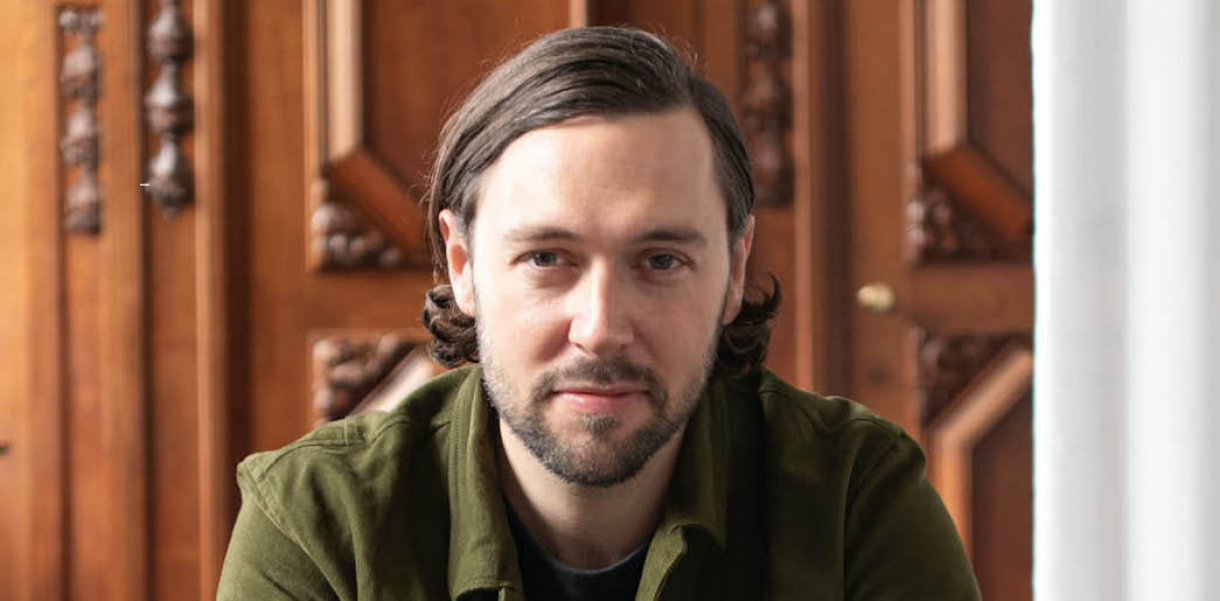Philip Battin is the Founder and Head of Seed Studio at Google, where he oversees a strategic design team tasked to envision and incubate future product concepts for the technology firm's consumer electronics division. Passionate about the transformative potential of design and technology, Philip is a member of the CPH150 think tank and serves as the Jury Chair of Index Award.
What does an average day look like for you?
I do most of my hands-on work, such as sketching, designing, reviewing design proposals, giving creative feedback in the mornings. And then I spend afternoons for meetings with my own team and other teams at Google. And then every Thursday afternoon, we have what we call design critique. In our own studio, where people from the team take turns to present updates on projects they're working on. And it's a good way to get feedback from me, but also from the rest of the people in the team and also rehearse and practice how you present the work you're working on.
Do you feel like all businesses will need to pivot to digital to survive the current pandemic environment? If yes, what issues and opportunities do you foresee in this pivot, particularly, for emerging nations?
This is the path we've been on for a while. The pandemic has just created a heightened sense of urgency around this subject. So at The Index Award, we've seen a number of solutions in this realm, including a high number of telehealth solutions. And the benefit of digitising health services in that way is that you can rapidly scale to reach millions of people while providing the same or even higher level of care.
For emerging nations, it's important for designers who work on these solutions to fully understand the context where the science will be used. So you got to think about what kind of equipment people have access to what kind of technological limitations they might be facing. And it's also important as a designer to understand that you might not be the end-user yourself. So you need to spend some time immersing yourself or researching that environment where your product will be used to fully understand that.
What are the most important skills and personality attributes for designers to have in your opinion?
I would say really spend time developing your craft. Although in your career, you might be working on a range of projects that are outside the type of design that you're specialised in, I still think it's important to spend some time developing deep expertise in at least one other craft. And that could be visual design, industrial design, motion design, writing or something else. Because the most important thing that designers bring to the table is really the things we are able to create with our craft. And you really need to think about how important a sketch or render a model is for everybody to understand what we're trying to do. And I think also with a strong push recently towards design thinking people have somehow forgotten the craft of design and overemphasised the strategic part of design. The thinking and the process parts of the design are also important, but if you don't do the doing, you can't really do the thinking in my opinion.
How do you think the role of the designer should evolve?
I think designers need to learn how to contextualise and translate what we do to other domains. And we need to be better at working with engineers, product managers, people working in marketing in business. And I think way too many schools promote this idea of this lone star designer who operates independently of others, sits in a studio and comes up with a great idea on their own. And in my mind, innovation really starts with collaboration. And designers need to understand their role in society and in the businesses they operate within. So I would love to see more schools find ways to teach designers about the real world outside academia. And that could be through collaborations or real companies working on real challenges.
What's the best piece of advice that you ever received?
I think the best learning I've had and advice I've been given is that a big part of working as a successful team is the social dynamic. So instead of being annoyed with feedback from your peers, you need to understand that everyone has their own optics on how to look at things and coming to the product you're working on from their own point of view. So as a designer, it's really important to learn how to practice empathy and spend a little bit of time understanding where each of the different people is coming from and why.
Want to watch Philip answer these and even more questions from our community? Watch the video below.



